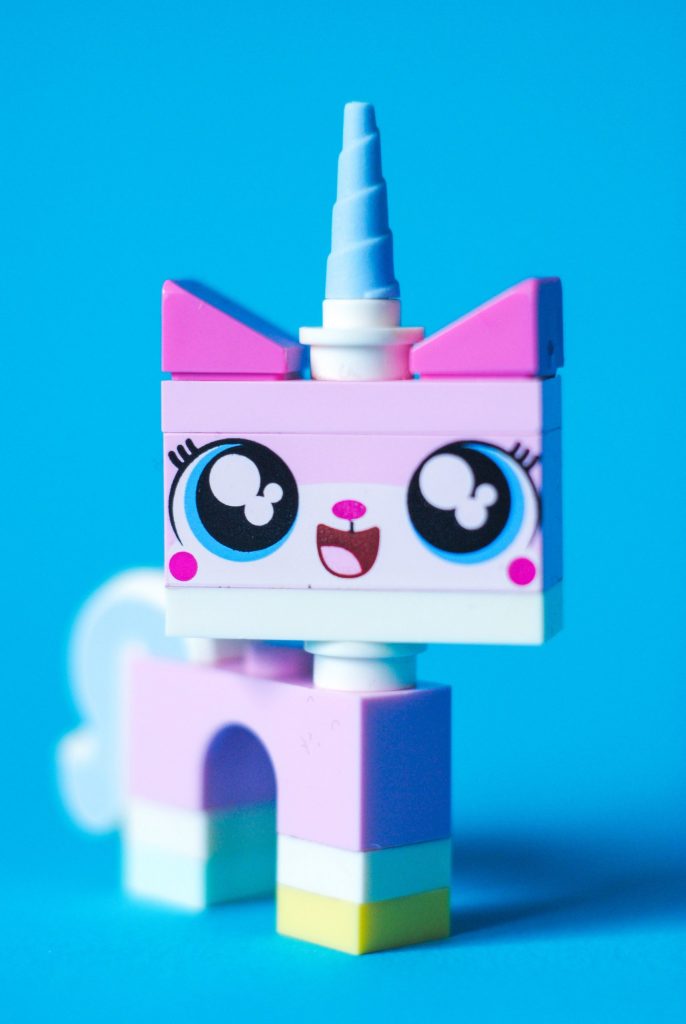The weird and wonderful world of Chinese idioms

If your eyebrows are on fire (火烧眉毛), don’t worry. It just means you are in a hurry. Just what is it about Chinese language idioms that are so weird? Certainly one could argue that all idioms are in fact meant to be a bit strange even within a native language, but there is something slightly mysterious when idioms are translated into another language – and this is not least when translating Chinese language idioms into English language ones.
The reason for this is not purely because of linguistic gaps but because of cultural symbols and history. Take for instance the highly odd – but strangely logical – 画蛇添足 which broadly speaking means ‘Don’t draw a snake with feet’ and can be roughly translated as ‘Don’t do something that is unnecessary or excessive and wastes time and effort’ – I suppose the English idiom would be ‘Don’t gild the lilly’, but I’m just not sure. Perhaps ‘Don’t over-egg the pudding’ might be closer. Whereas food is always a popular metaphor used in idioms, animals feature alot in Chinese expressions. Snakes are a part of Chinese mythology and have been used as symbols of good fortune for centuries and deities such as Fuxi, Näwa and Gong Gong have been described as having snake-like features (perhaps with or without limbs).
Some of these Chinese expressions have a distinctly physical and gory tone to them. 呕心沥血 which means to work so hard that you vomit your heart out and drain it of blood, is a particularly alarming one. I for one have never worked hard enough to do this. Maybe I’m missing out.
However, there are some more gentle examples of Chinese idiomatic language. Slightly more poetic is 滴水穿石 which can be explained as ‘Even a drip of water can eventually break a stone’. An article about idioms wouldn’t be complete without a few mythical creatures here and there so 凤毛麟角 means that ‘A phoenix’s feather and a unicorn’s horn is something rare and precious’.
Are you looking for a fun and creative English course? Then check out the courses here.

